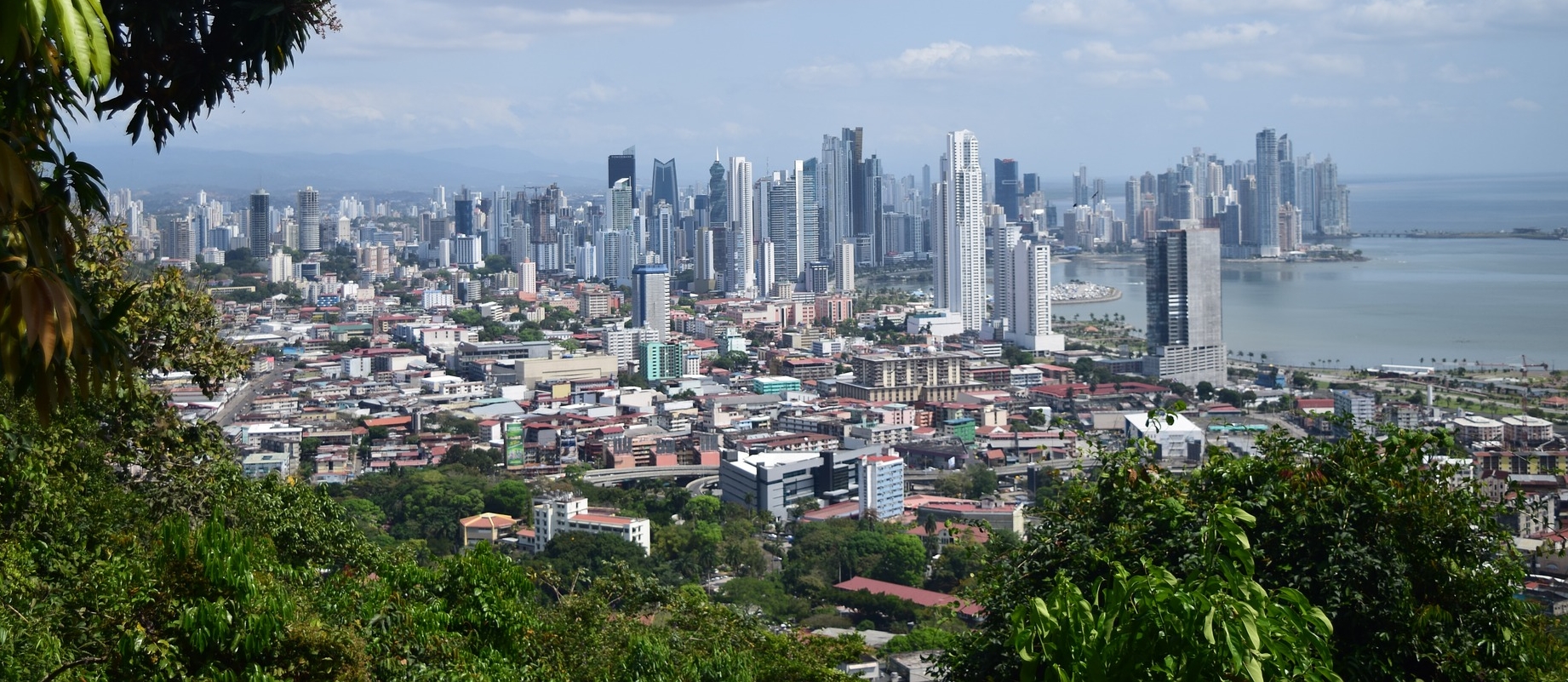 On November 5, 2017, a massive leak of financial documents referred to as the Paradise Papers was released to the public. The leak involves multiple jurisdictions and contains nearly 13.4 million confidential electronic documents relating to offshore investment. The Paradise Papers comes largely from Appleby, a law firm based in Bermuda, and from the corporate registries of 19 tax havens.
On November 5, 2017, a massive leak of financial documents referred to as the Paradise Papers was released to the public. The leak involves multiple jurisdictions and contains nearly 13.4 million confidential electronic documents relating to offshore investment. The Paradise Papers comes largely from Appleby, a law firm based in Bermuda, and from the corporate registries of 19 tax havens.
The Paradise Papers cover the period from 1950 to 2016 and involve over 120,000 people and companies across the world, including government officials, entertainment personalities and corporate giants. It also involves more than 3,000 Canadian individuals and corporations, which is five times more than the ones from the Panama Papers.
On November 3, 2017, just a few days prior to this new leak, the Canada Revenue Agency (the “CRA”) delivered a statement (document) to highlight its work to combat tax evasion and tax avoidance. The CRA stated having “currently more than 990 audits and more than 42 criminal investigations related to offshore underway”, 123 of which involve participants and facilitators named in the Panama Papers. In light of the recent Paradise Papers leak, the CRA already announced that it is reviewing the data and promised to take “appropriate action”.
Furthermore, as part of the CRA’s strategy to combat offshore tax evasion and aggressive tax planning, the CRA announced earlier this year that a revised voluntary disclosures program policy would be introduced in 2018. The proposed changes were initially supposed to be implemented on January 1, 2018, but the CRA is delaying the implementation until March 1, 2018. The formal keys changes confirmed by the CRA will :
- eliminate the « no-names » disclosure process;
- require payment of the estimated tax at the time of the application;
- cancel relief if it is subsequently discovered that the application was not complete due to a misrepresentation; and
- create a two tracks system by introducing a « General Program » for minor non-compliance and a « Limited Program » for major non-compliance with limited relief in certain circumstances;
Such circumstances could include, for example :
- Situations where large amounts of tax were avoided;
- Active efforts to avoid detection and the use of complex offshore structures;
- Multiple years of non-compliance;
- Disclosures motivated by CRA statements regarding its intended focus of compliance, by broad-based tax compliance programs or by the reception of leaked confidential information by the CRA such as the Paradise Papers data leak; and
- Other circumstances in which the CRA considers that there was a high degree of guilt in the taxpayer’s conduct contributing to his failure to comply.


